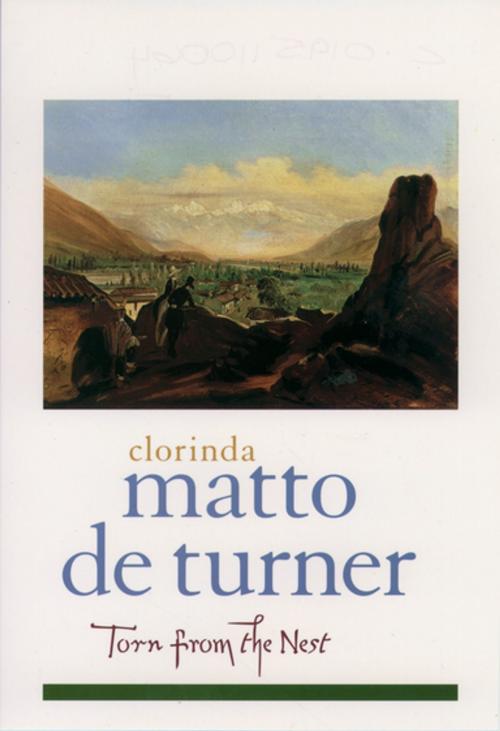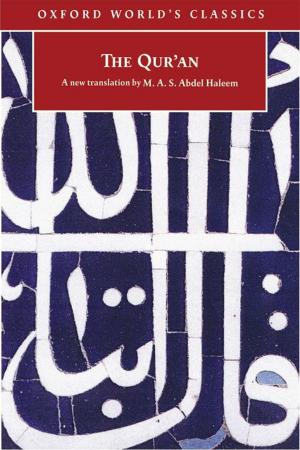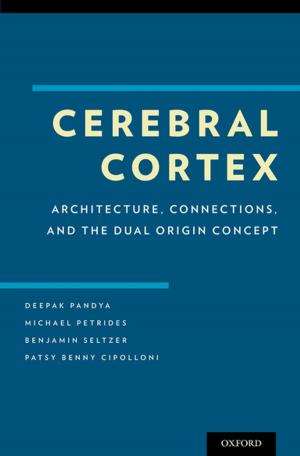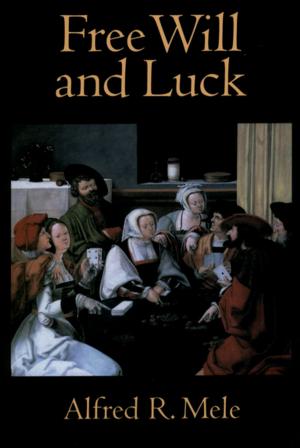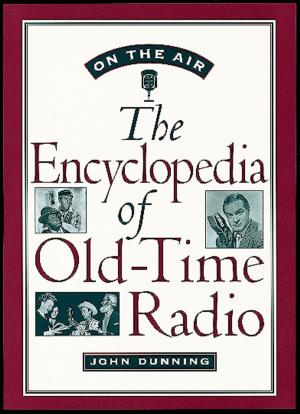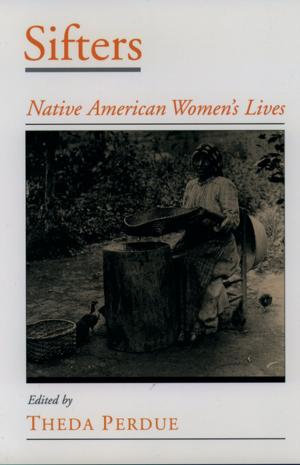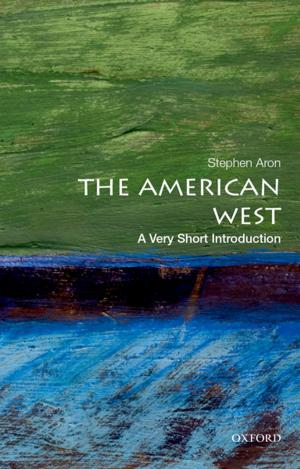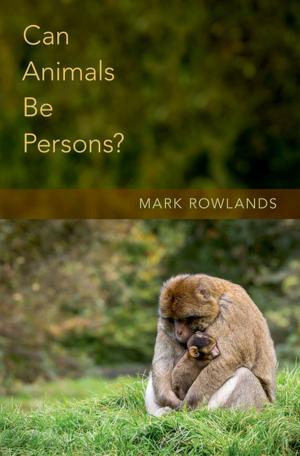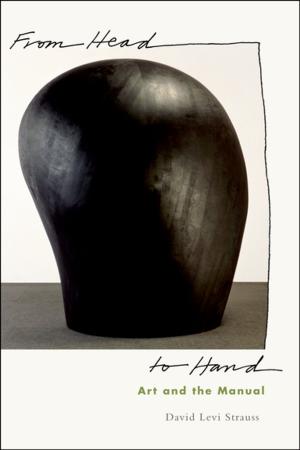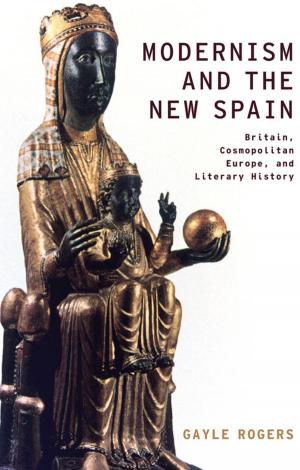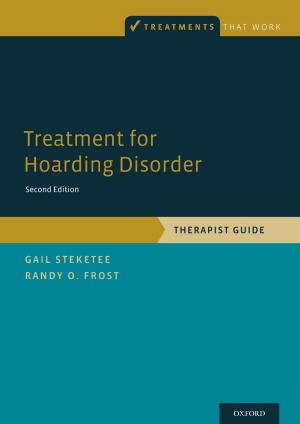| Author: | Clorinda Matto de Turner | ISBN: | 9780199939015 |
| Publisher: | Oxford University Press | Publication: | April 29, 1999 |
| Imprint: | Oxford University Press | Language: | English |
| Author: | Clorinda Matto de Turner |
| ISBN: | 9780199939015 |
| Publisher: | Oxford University Press |
| Publication: | April 29, 1999 |
| Imprint: | Oxford University Press |
| Language: | English |
Clorinda Matto de Turner was the first Peruvian novelist to command an international reputation and the first to dramatize the exploitation of indigenous Latin American people. She believed the task of the novel was to be the photograph that captures the vices and virtues of a people, censuring the former with the appropriate moral lesson and paying its homage of admiration to the latter. In this tragic tale, Clorinda Matto de Turner explores the relationship between the landed gentry and the indigenous peoples of the Andean mountain communities. While unfolding as a love story rife with secrets and dashed hopes, Torn from the Nest in fact reveals a deep and destructive class disparity, and criticizes the Catholic clergy for blatant corruption. When Lucia and Don Fernando Marin settle in the small hamlet of Killac, the young couple become advocates for the local Indians who are being exploited and oppressed by their priest and governor and by the gentry allied with these two. Considered meddling outsiders, the couple meet violent resistance from the village leaders, who orchestrate an assault on their house and pursue devious and unfair schemes to keep the Indians subjugated. As a romance blossoms between the a member of the gentry and the peasant girl that Lucia and Don Fernando have adopted, a dreadful secret prevents their marriage and brings to a climax the novel's exposure of degradation: they share the same father--a parish priest. Torn from the Nest was first published in Peru in 1889 amidst much enthusiasm and outrage. This fresh translation--the first since 1904--preserves one of Peru's most distinctive and compelling voices.
Clorinda Matto de Turner was the first Peruvian novelist to command an international reputation and the first to dramatize the exploitation of indigenous Latin American people. She believed the task of the novel was to be the photograph that captures the vices and virtues of a people, censuring the former with the appropriate moral lesson and paying its homage of admiration to the latter. In this tragic tale, Clorinda Matto de Turner explores the relationship between the landed gentry and the indigenous peoples of the Andean mountain communities. While unfolding as a love story rife with secrets and dashed hopes, Torn from the Nest in fact reveals a deep and destructive class disparity, and criticizes the Catholic clergy for blatant corruption. When Lucia and Don Fernando Marin settle in the small hamlet of Killac, the young couple become advocates for the local Indians who are being exploited and oppressed by their priest and governor and by the gentry allied with these two. Considered meddling outsiders, the couple meet violent resistance from the village leaders, who orchestrate an assault on their house and pursue devious and unfair schemes to keep the Indians subjugated. As a romance blossoms between the a member of the gentry and the peasant girl that Lucia and Don Fernando have adopted, a dreadful secret prevents their marriage and brings to a climax the novel's exposure of degradation: they share the same father--a parish priest. Torn from the Nest was first published in Peru in 1889 amidst much enthusiasm and outrage. This fresh translation--the first since 1904--preserves one of Peru's most distinctive and compelling voices.
